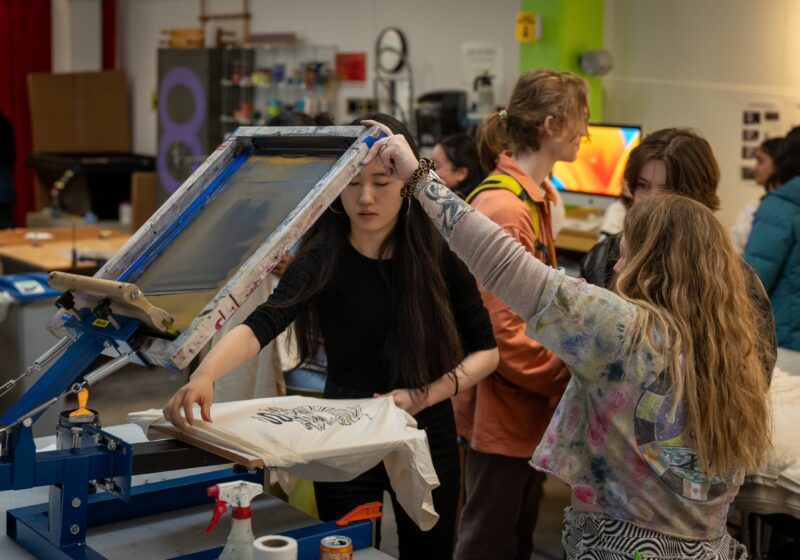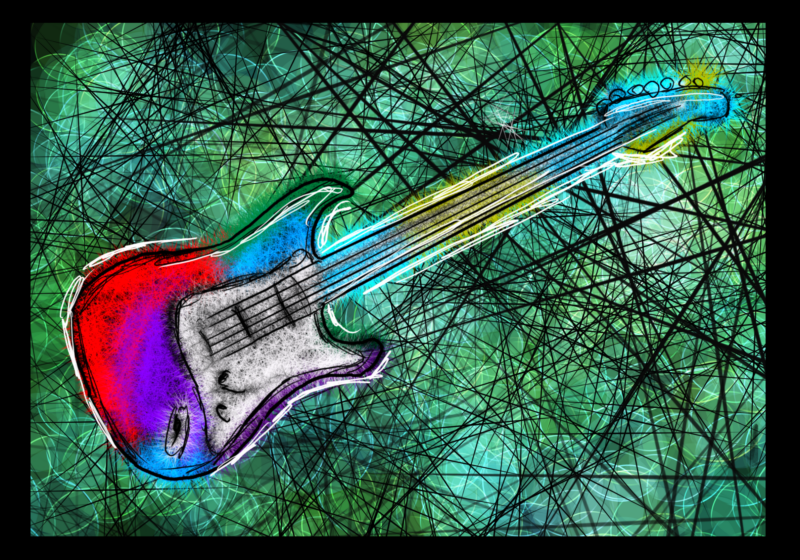So you’ve heard that college is a time to “find yourself,” but what does that phrase actually mean? It may be a vague, slightly clich phrase, but the potential rewards associated with reaching this goal can be very motivating. The challenge then becomes determining how we can go about achieving this objective – what a daunting task! Don’t worry; this becomes much more manageable when we think about it in terms of health.
My discovery of this not-so-obvious association inspired the creation of a peer health advocacy project through which I could share this realization. The idea culminated in the formation of a Web site, intended to be a comprehensive tool for my peers. Its goal is to encourage the awareness, development and balance of each of the various components of health. This process of self-discovery can be aided by the Web site’s vast array of health-related resources and self-assessment tools. These tools are a great way to identify any personal troubles or concerns we might have, as being conscious of an issue is the first step to addressing it!
It was actually through the process of self-assessment that I first determined this link between the abstract notion of “finding myself” and the more familiar concept of health. In order to understand the measures necessary to “find myself,” I first had to come up with a working definition of this phrase. Defining “finding” is not problematic. On the contrary, “yourself” is a little trickier to define. To define something, we have to describe the basic qualities of it. The basic qualities of our selves are determined by who we are, what we do and what we believe. With those ideas in hand, you can now begin to define your own self.
So what is it that defines you? Or, more simply, how would you describe yourself? The term “yourself” can mean different things to different people and thus, answers to these questions can vary greatly. They can be as superficial as your physical description, or as profound as your spiritually-oriented traits (e.g., your drive to reach your fullest potential) You may define yourself by virtue of your emotional qualities (loving, giving, empathetic), whereas your best friend may choose to use social labels (brother, neighbor, friend), while your parents may use intellectually-oriented traits (earns a 3.9 GPA, struggles in math, excels in music).
The five descriptive categories mentioned above are the pieces that form your complete self. In order to see how these pieces fit together, we first need to look at each piece of the puzzle individually, as our brains are only capable of conceptualizing one of these pieces at a time. As more eloquently stated by author Maria-Gabrielle Wosien, “What shapes our lives is a mysterious pattern of movement we cannot actually define? intellect? like the eye? can only ever keep a small segment of reality sharply in focus.”
With this in mind, we can now examine the link between “finding ourselves” and health. We have the capacity to acquire and improve the abilities and skills relevant to each of the pieces of our selves.
Doing so increases the level of development of each of these pieces and consequently increases the level of health that corresponds to each piece. For example, social health is defined as one’s ability to get along with others, interact in social networks according to social norms and evoke positive reactions from others.
As we acquire social skills, we further develop the social piece of our puzzle, and thus, our level of social health rises. Therefore, we can conclude that low levels of health within a particular piece of our puzzle correspond to a lack of the relevant skills or abilities.
With this knowledge, we can now proceed to “find ourselves” via a four-step plan. The first step is gaining awareness of your puzzle, its pieces and the factors which affect them. We have now completed this step. The second step is determining which of these pieces are lacking in skills and abilities and thus, are not at their potential. Self-discovery and self-assessment tools can be utilized at this step.
The third step involves developing the pieces of your puzzle (specifically in areas where abilities and skills are lacking) in order to attain sufficient levels of development in each of these areas. As you develop those areas, your overall health will improve because it is the sum of the levels of health within your self. The fourth step is to achieve a balance among the pieces of your puzzle – this is the essence of health.
Work towards maintaining the levels of development of each piece at an equal level by striving to acquire and improve your abilities and skills evenly throughout your puzzle. Health, like “finding yourself,” is not only about maintaining various pieces of your self, it is about balancing these pieces as well. The ultimate goal is to develop yourself as a whole, or to “find yourself,” thereby giving you the opportunity to achieve total health.
The concept of total health goes beyond just “finding yourself,” and is defined as the state of having achieved health maximally – in all forms, and to the highest degree. The process of improving your overall health to “find yourself,” and potentially reach total health, is a significant investment of effort and time.
As college students, we only have about a hundred different things to worry about at any given moment – who really has time to analyze each and every facet of his well-being? The point is, we should make time, as health is something that affects us all.
Making time for health, both mental and physical, is important because it is necessary for productivity in the workplace – a destination we will all reach at some point in our lives. This idea was exemplified on the first day of my sister’s dental school education when one of her professors declared; “Your priorities are your health, your family, and your career – in that order! And if it’s not in that order, then you need to re-prioritize.” After all, if this wasn’t the case, companies would not invest copious amounts of money in seemingly useless perks like free tickets to local events, gym memberships and company picnics.
Workplace productivity isn’t the ultimate goal, however. When the subdivisions of our physical and mental health exist in amounts of varying development, a sense of unbalance is created in our lives.
Invest yourself in more than just your work – invest yourself in yourself! It is possible that the best person you can become (your potential) has not yet been realized. It begs the question – how balanced are YOU?
Our Web site has a variety of self-assessment tools so you can move on to step two of the four-step plan. It can be found at www.healthandsociety.110mb.com so check it out!
Topley is a member of the class of 2007.





